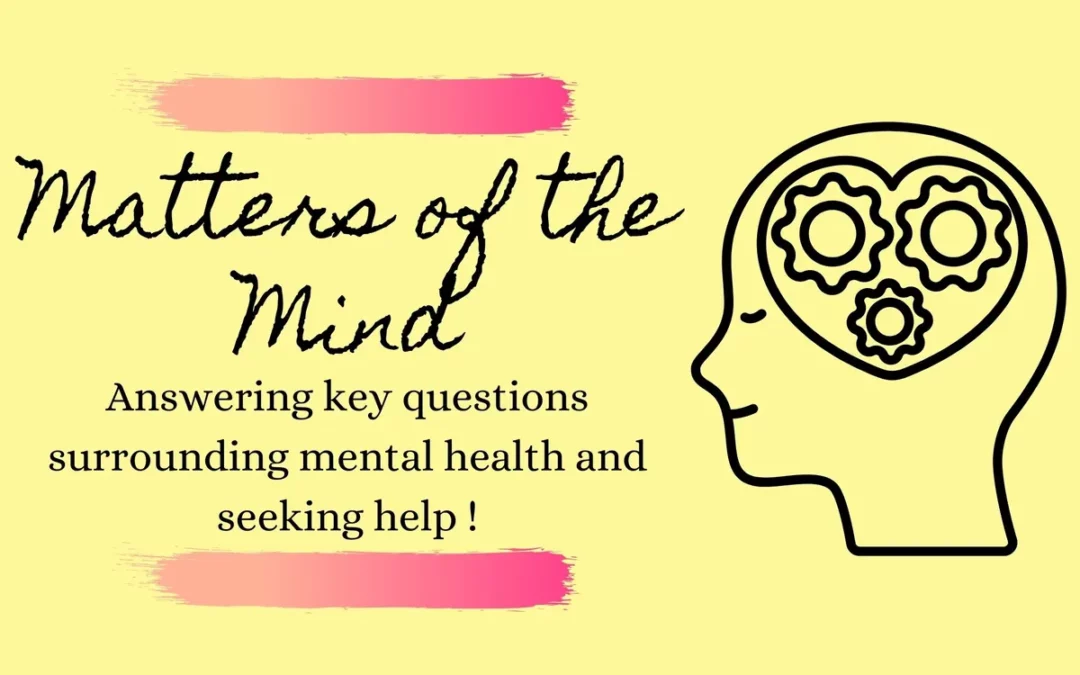Key QnAs about seeking help for your mental health answered by experts:
Why are mental health problems still considered taboo in a country like India?
In 2018-2019, The World Health Organization, or the WHO, declared India one of the most depressed countries. Despite that, mental health struggles are often dismissed, and most Indians still consider these issues taboo.
While India has come a long, long way, there are certain prejudices and stereotypes that the minds of most Indians are conditioned with. In such a scenario, if someone comes up with a mental illness such as depression, they are often termed as “mentally weak.” One of the main reasons why people who have mental health issues feel uncomfortable discussing their issues is that they are not accepted. They worry that others will criticize them, see them as weak, and they might face bullying from their peers. They struggle to talk about their issues with others because they feel incapable of doing so.
Therefore, it is important to spread mental health awareness and educate people on the importance of emotional well-being.
What is the way for people to come out in the open and talk about it without hesitation?
When we fall and get hurt, it’s only natural to seek help immediately. This is because physical pain hurts, and we want to get better as soon as possible. However, many people are reluctant to seek assistance when experiencing internal pain, loneliness, sadness, anxiety, isolation, or hopelessness. They may feel that they will be judged for their condition.
Mental health disorders carry a very real stigma. People who suffer from these are the subject of unfavorable views and beliefs. The sad reality of stigma is that it hurts those suffering and their family members and friends. Someone may be discouraged from getting help and treatment for their mental illness due to stigma or the fear of stigma. It may also impede their daily life and relationships, making it difficult for people to get work and hold a career. It could also sever bonds and ties with loved ones. So, one must go out in the open and discuss this. They can do this by:
- Educating themselves and others: To wield power, you need knowledge. The most important thing is to learn from reliable sources and sensitize yourself towards your issues instead of dismissing them. Also, educate those around you by replacing inaccuracies and misinformation with factual details.
- Seeking treatment: It is important to seek help once you have recognized your issues. Treatment is essential for relieving and reducing symptoms affecting one’s ability to function at work and in daily life. Remember to treat yourself with kindness and gentleness as you seek treatment. Asking for assistance is difficult, but it will be worth it.
- Join support groups: Do not isolate. No one can help you if you do not share your problems. Numerous local support organizations provide services and resources. These organizations also put a lot of effort into educating those who have mental disorders. They also work to inform their families, friends, and communities to lessen stigma and advance toward empowerment and healing.
- Speaking up against stigma: Express your thoughts firmly and assertively. Respectfully inform others about mental illness to encourage change. Remind others that making fun of those with mental health challenges simply enhances stigma and promotes discrimination. Speaking out can not only inform the public and lessen stigma, but it may also inspire others to seek help if they are going through a similar situation.
How can one detect that they are suffering from depression, and what is the road to recovery?
There are nine main symptoms of depression: hopelessness, lack of interest in things, sleeping too much or too little, eating too much or too little, suicidal thoughts and/or behavior, low mood, irritability, lack of concentration, and fatigue. If you’re consistently experiencing at least 3-4 of them, there’s a chance that you may be becoming depressed. Catching early signs is important. When you start to feel this way, consciously try to bring in some life changes.
To sum it up
Mental health matters. It is important to dispel myths and misconceptions and encourage others to seek help. Our emotional and mental well-being defines our self-esteem and affects every aspect of our lives – professional and personal. We must acknowledge, accept and seek help when dealing with these issues. Get in touch with a mental health professional from the comfort of your home on DocVita: docvita.com.
